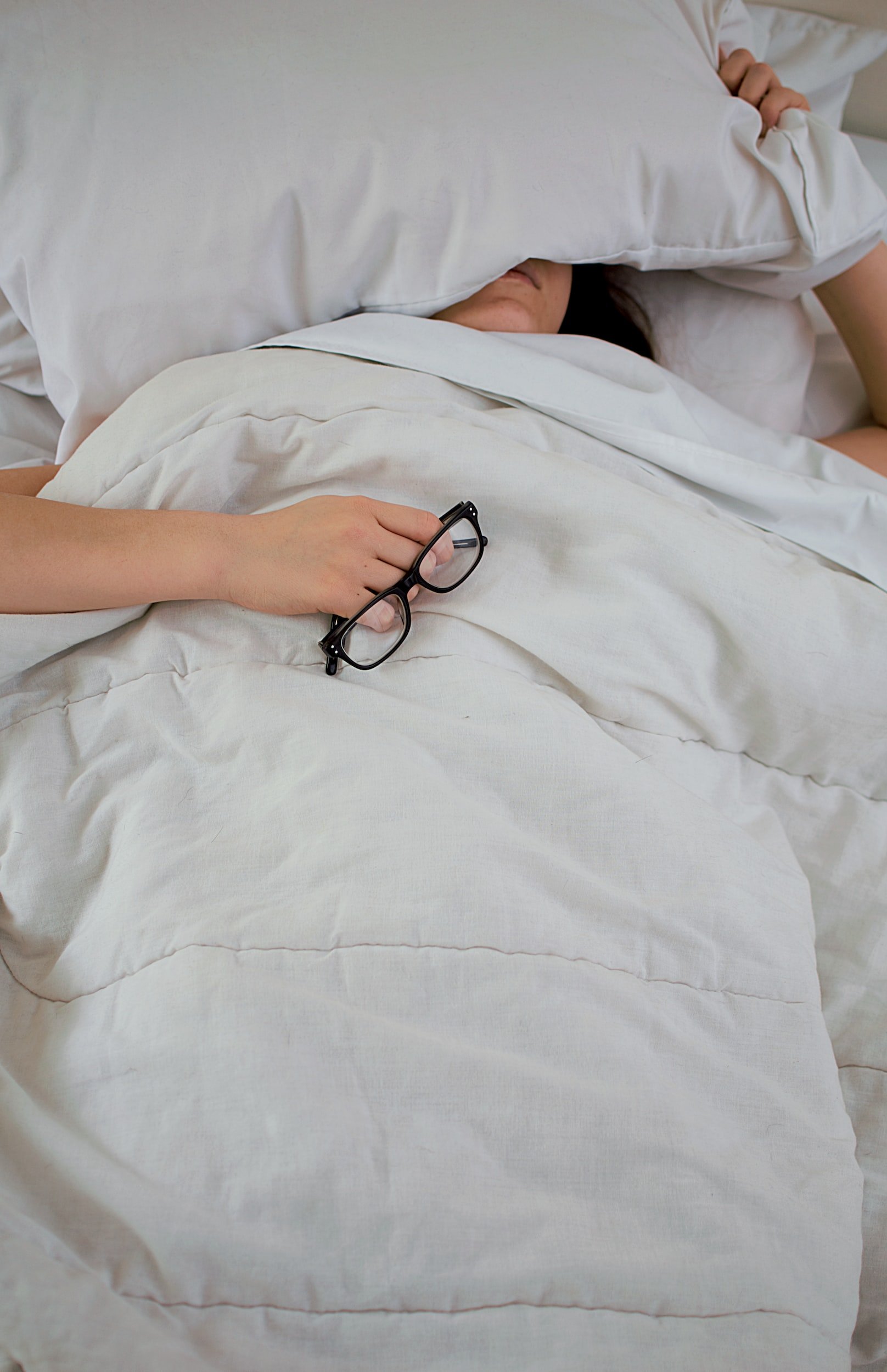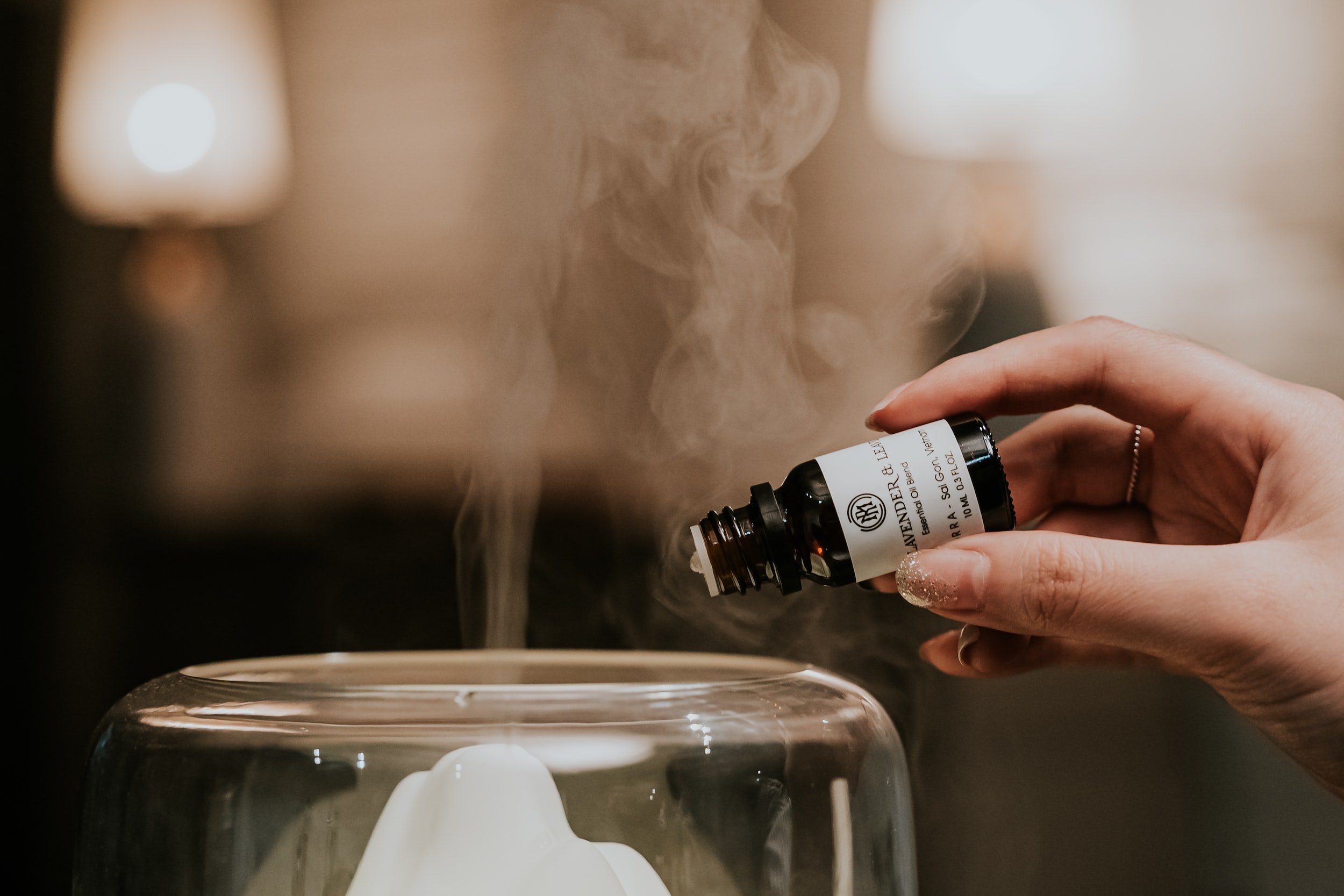How Sleep Boosts Health and Mental Wellness
Sleep is one of the most essential elements for good overall health and mental well-being. Getting enough sleep not only helps us to feel alert and have a lot of energy throughout the day, but it can also help to improve our immune system, reduce stress levels and give us the mental clarity we need to focus on tasks. It also helps to regulate hormones that are responsible for controlling our moods, emotions, and behaviour.
Getting enough quality sleep regularly can enable us to better manage stress and anxiety, boost our memory, concentration and performance at work or school, as well as help us maintain a healthy weight. In other words, sleep is an important part of our overall physical and mental wellness.
What are the benefits of getting enough sleep?
Sleep is good for both your physical and mental health in the short and long term. When we get enough good sleep, inflammation lowers. This is good for our heart health and lowers our risk of getting long-term diseases like diabetes or stroke.
It also helps to balance our hormones, which can improve the health of our skin, give us more energy, and make us feel calm and relaxed. On top of this, improving sleep quality helps to support our cognitive functioning, enabling us to process information more efficiently and make better decisions.
What are the negative impacts of sleep?
Sleep deprivation can have a range of negative impacts on physical and mental health. In the short term, it can make you sleepy during the day, have trouble concentrating, make you irritable, and make it harder to make new memories. Long-term, not getting enough sleep can make you more likely to get high blood pressure, heart disease, a stroke, a weak immune system, and even some types of cancer. It can also affect our moods and emotions, leading to depression or anxiety. In turn, depression and anxiety can also cause sleep disorders.
How does sleep impact your brain function?
Sleep plays a vital role in how our brain functions. It helps to consolidate and process information from the day, consolidates memories and strengthens neural connections that enable us to learn and remember things better.
During sleep, our brain also gets rid of toxins that built up while we were awake. This helps keep our minds working well. Sleep also plays a role in controlling hormones like melatonin, serotonin, and dopamine, which are important for your physical and mental health as a whole.
Lack of sleep could be sabotaging your weight loss goals
Sleep is a very important part of keeping a healthy weight. When you don't get enough good sleep, the hormones that control your appetite can get out of balance, which can put you at a higher risk for obesity and other metabolic diseases. Research has also shown that people who don't get enough sleep tend to eat more during the day, snack more on unhealthy foods, and be less active overall. This means that you need to get enough restful sleep every night to keep your body in good shape.
How much sleep do you need to get a good night's rest?
How much sleep a person needs depends on a lot of different things, but in general, adults should try to get between 7 and 9 hours of uninterrupted sleep each night. Children need more sleep than adults do. Babies and toddlers need between 11 and 17 hours of sleep each night.
REM (rapid eye movement) sleep is at its deepest between 10 pm and 2 am. This is an important part of our sleep cycle. During this time, the body fixes itself, builds up its energy stores, and gets ready for the next day.
Studies have also shown that this is when people are most likely to have creative ideas. When we don't get enough quality sleep between 10 pm and 2 am, not only can it leave us feeling tired and sluggish during the day but can also lead to impaired cognition and decreased productivity levels. Going into a deep sleep is important to have a meaningful full sleep.
For the best performance, health, and well-being, try to get at least 7 to 9 hours of sleep every night, focusing on getting the most out of the time from 10 pm to 2 am.
What hormones are responsible for a good night's sleep?
Melatonin & Cortisol
Melatonin and cortisol are hormones that control when the body sleeps and when it wakes up. Melatonin is mostly made at night, and its levels are highest around midnight, which makes people feel sleepy. The hormone starts to wear off slowly in the morning, and as a person wakes up, its level drops.
Cortisol, on the other hand, is released when a person is under stress or physical activity. It goes up during the day and goes down at night. This helps people stay alert during the day and lets them relax in the evening. These two hormones work together to control how well you sleep.
Serotonin
Serotonin is a neurotransmitter that is made by the brain. It helps control how and when you sleep. When your serotonin levels are right, it can make you feel better and give you more energy during the day and help you sleep better at night.
Serotonin slows down nerve activity and helps you relax by acting as an inhibitor in the brain. It binds to certain receptors in the brain, which can help reduce stress and anxiety and make it easier to fall asleep and stay asleep. During the night, serotonin is changed into melatonin, which helps control our natural circadian rhythms and makes us sleep better.
What can you do to improve your sleep?
Here are 10 tips for getting better sleep:
Are there natural remedies to help you sleep better?
Many natural supplements can help you sleep better and fall asleep faster. Melatonin is a popular sleep aid because it helps keep your body's internal clock in sync. Magnesium is another great supplement for helping with Sleep-onset insomnia because it has been shown to relax muscles and lower stress. Valerian root extract has also been used to improve the quality of sleep and shorten the time it takes to fall asleep, and chamomile tea can calm the body.
If you have trouble sleeping all the time, herbal and nutritional supplements like L-tryptophan or 5-HTP, which help raise serotonin levels in the brain, may help. Lastly, adding acupuncture to a complete plan for sleep health can also help you sleep better and wake up feeling refreshed.
Melatonin
Melatonin is a popular supplement that helps people sleep better. It helps keep your body's internal clock in sync and can also help with jet lag. Taking melatonin can help you get into a regular sleeping pattern and fall asleep faster. It can also help you stay asleep longer.
Melatonin is especially helpful for people who have trouble sleeping regularly or who don't get enough sleep because of shift work or other factors in their lives. Melatonin is safe to use for short periods, but it shouldn't be taken in large amounts or for a long time without first talking to a doctor.
Magnesium
Magnesium is a mineral that helps the body do a lot of different things. It can also help you sleep better. It has been linked to muscle relaxation, which can help reduce stress and make for a better night's sleep. Magnesium supplements might also help people with Sleep-onset insomnia because they help calm the central nervous system and keep cortisol levels in check.
Also, magnesium can reduce feelings of restlessness and help the brain make more melatonin, both of which improve the quality and length of sleep. But you should talk to your doctor before taking magnesium supplements because too much magnesium can be bad for your health.
The best way to get all the nutrients your body needs will always be to eat whole foods instead of taking supplements. Eat foods that are high in magnesium to help your magnesium level.
Dark leafy greens like spinach and kale, nuts and seeds like almonds, cashews, and pumpkin seeds, as well as fish, beans, and lentils, are all good sources of magnesium. Avocados, bananas, dried fruit, vegetables like broccoli and squash, whole grains like quinoa or oats, yogurt, and almond milk are also great sources of magnesium. If you eat these foods regularly, you can help make sure you get enough of this important mineral.
Taking a hot, relaxing bath with magnesium-rich Epsom salts can be a good and natural way to help you sleep better. The warm water can ease aches and pains and help you feel less stressed so you can go to sleep more easily. To get the most benefits, you should soak in the Epsom salts for at least 20 minutes. Also, a lot of people say that these baths help them sleep better. As a bonus, your skin will feel softer and smoother afterward.
Valerian Root Extract
Valerian root extract is made from herbs and has been used for hundreds of years to help people sleep better. It has chemicals in it called valerenic acids that attach to receptors in the brain and make you feel calm. It is thought that it will make it easier to fall asleep and make sleep better overall.
Clinical studies have also shown that Valerian Root Extract can make you feel less restless and help you sleep better. Valerian Root Extract may be helpful for people who want to improve their sleep cycle naturally.
Chamomile Tea
Chamomile tea is a popular herbal drink that is said to have many health benefits, including helping people sleep better. Chamomile has chemicals in it that attach to receptors in the brain and help you feel calm. It may help you feel calmer and less stressed, which can make it easier to fall asleep and help you stay asleep for longer. Chamomile tea also has a mild sedative effect, which means it can help with anxiety and sleeplessness.
It also has anti-inflammatory properties that may help relieve muscle pain and tension that can make it hard to sleep. People who have trouble sleeping can feel more awake and refreshed the next day if they drink chamomile tea before bed.
Acupuncture
Acupuncture is an old form of medicine that has been used for a long time to help people sleep better and get more rest. It is done by putting needles into certain points on the body, which can help restore balance to the body's energy flow (called "qi") and make it easier to relax. This can help lower stress, ease the symptoms of insomnia, and control hormones like cortisol that are linked to restful sleep.
Acupuncture can also help relieve tension headaches and muscle pain that might be keeping you from sleeping well. With regular treatments, acupuncture has been shown to help people who have trouble sleeping sleep better overall.
Essential Oils
Essential oils are known to be good for your health in many different ways, and they can also help you sleep better. Lavender, chamomile, ylang-ylang, sandalwood, and jasmine essential oils all have properties that help calm the mind and reduce stress. These essential oils work on both your body and your mind.
They help you relax, calm your nerves, and get a good night's sleep. Also, the antispasmodic properties of essential oils can help ease tension and relax muscles, making it easier to fall asleep and stay asleep.
The importance of sleep cannot be overstated. Sleeping enough and getting enough rest helps your brain work at its best and is important for both your physical and mental health. By trying to get more good sleep, you can help make sure that your body and mind are working at their best. So don't cut back on sleep and you'll boost your energy the next day!
Sources:
https://www.sleepfoundation.org/sleep-health
https://www.who.int/mental_health/media/en/761.pdf
https://www.aasm.org/resources/factsheets/sleepanddisease.pdf
https://www.mayoclinic.org/healthy-lifestyle/adult-health/in-depth/sleep/art-20048379
https://www.apa.org/research/action/sleep
https://www.health.harvard.edu/staying-healthy/the-latest-on-sleep-and-weight-loss
https://www.nhlbi.nih.gov/health-topics/sleep-deprivation-and-deficiency
https://www.sleep.org/articles/rem-sleep/
https://www.scientificamerican.com/article/sleep-and-its-impact-on-creativity/




















